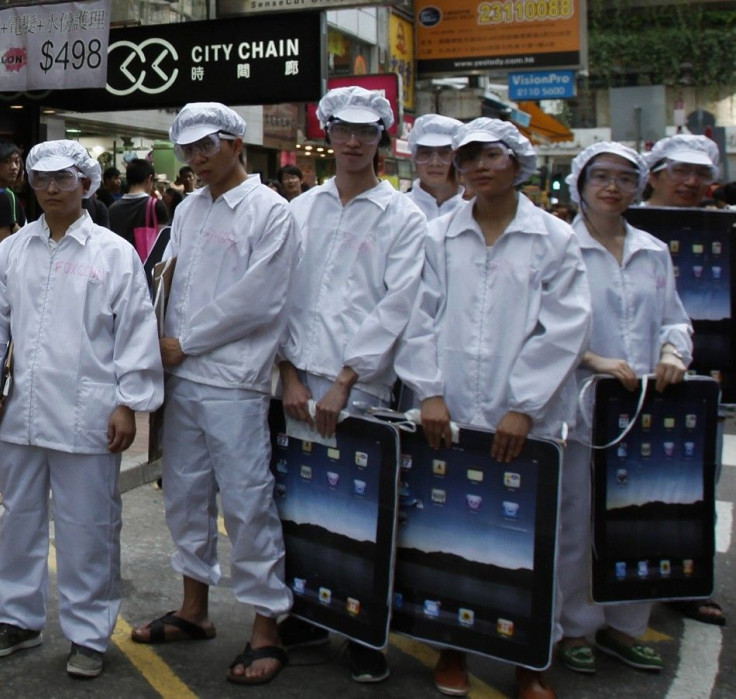Apple Addresses Factory Pollution in China

Apple plans to hire a third-party auditing firm to investigate 15 of its Chinese suppliers in response to allegations that its suppliers are violating environmental regulations.
Apple reportedly sent five employees to meet with five different Chinese environmental groups on Nov. 15, only to learn about several troubling environmental issues at as many as 22 different product parts suppliers. The Chinese environmentalist groups claimed the factories were releasing toxic gasses, heavy metal sludge and other pollutants.
In the three-hour meeting with the environmentalist coalition, Apple admitted that 15 of the 22 mentioned facilities were indeed product suppliers. The company did not say which Apple products these suppliers are responsible for.
In the term of information transparency, Apple still has not done enough, said Li Bo, secretary general of the Friends of Nature environmental group after the meeting concluded.
This was the first time that Apple has admitted wrongdoing in relation to environmental pollution from any of its Chinese supply chains, despite a plethora of previous reports submitted by Chinese environmental groups over the past year. When the latest report alleging pollution was published in August, Apple only said it was committed to the highest standards of social responsibility.
In Wednesday's meeting with the environmental groups, however, Apple, based in Cupertino, Calif., vowed to improve its environmental standards for suppliers and acknowledged that a number of its suppliers have failed to properly keep track of wastewater pollution and other emissions. Apple officials also said they would take environmental contamination into future considerations.
Concerns about Apple's supply chain working conditions first surfaced in 2009, when a string of employee suicides occurred at a southern China factory owned by Apple's manufacturing partner Foxconn.
In January, a union of 36 Chinese environmental NGOs published a report called The Other Side of Apple, claiming that 11 suppliers, including Foxconn, had broken Apple's commitment to safe and environmentally-responsible working conditions. Apple denied the allegations at the time, saying it has a vigorous auditing programme that investigates suppliers and other parts of the business chain.
The following month, Apple released its 2010 report on employment practices of its suppliers, but the memo only mentioned child labor as a growing issue, not pollution.
What Apple has been doing is positive, said Li Chunhua, secretary general of the Green Stone Environmental Action Network, who also participated in Tuesday's meeting. But we want them to be more open with their supply chain. They didn't do more in this area.
Catcher Technology, one of the suppliers of Apple's MacBook laptops, was recently forced by the Chinese government to temporarily shut down its factory. Local authorities said many residents of the Suzhou, China area had been complaining for months about unbearable odors, which were described as a mix of chemical fertilizer and burning plastic. The Chinese government said it does not know when the factory will resume operations.
© Copyright IBTimes 2024. All rights reserved.












